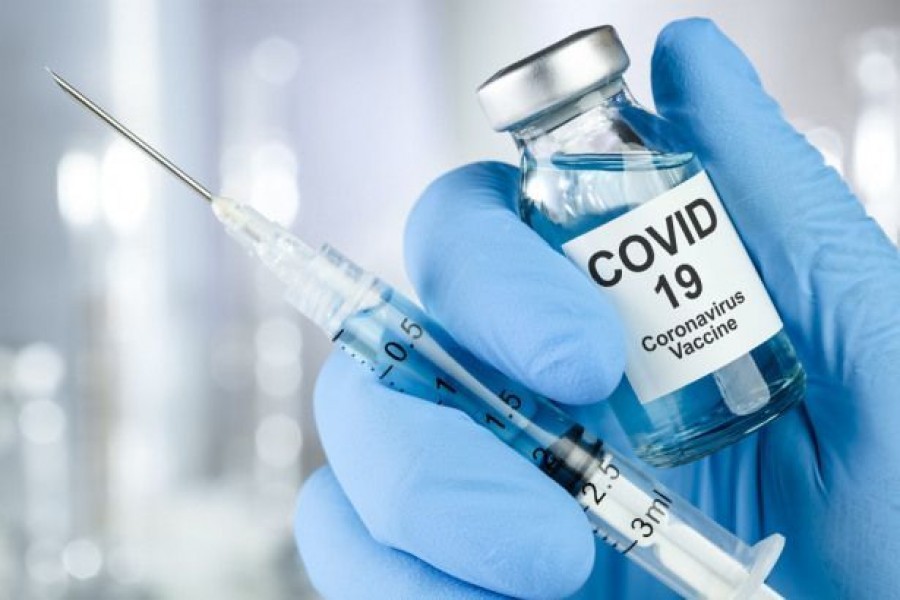Europe's drug regulator is under increasing pressure to quickly approve the COVID-19 vaccine developed by US giant Pfizer and Germany's BioNTech, officials said, as inoculations get started in Britain and the United States.
The push underscores the frictions between regulators and governments wishing to curb the pandemic that has killed more than 1.6 million people worldwide.
Four EU sources told Reuters that the European Medicines Agency (EMA) has been under pressure from the European Commission and EU governments to approve vaccines more quickly.
One EMA official said on Monday pressure had increased on the agency from EU governments "through usual channels of communications" after Dec 2, when the British regulator granted an emergency authorisation to the Pfizer/BioNTech vaccine.
A second source familiar with EMA's work confirmed pressure has increased after approvals elsewhere.
Britain's regulator used a procedure allowed under EU rules in exceptional cases, but EU authorities declined to follow the same route because they said it was not appropriate for vaccines that need thorough assessment.
"All the necessary data on BioNTech are available," German Health Minister Jens Spahn wrote on Twitter on Sunday. "UK + US have already granted approval. An assessment of the data and an approval by EMA should happen as fast as possible."
EMA said in emailed statements to Reuters in recent days that it was not under political pressure to be faster. It declined to comment on Monday about Spahn's remarks.
The European Commission denied exerting pressure on EMA for a faster approval.
DENTING CONFIDENCE?
The EU regulator received data from Pfizer's large-scale trials on Dec 1 and said it would decide on possible conditional approval of the vaccine by Dec 29 "at the latest". Officials have said they are working night and day through December, with night shifts, to complete the evaluation.
It usually takes the agency at least seven months to approve a vaccine after it gets full data from manufacturers.
EU officials have repeatedly said that no shortcuts would be taken, and a faster assessment was possible because preliminary data on the vaccine had been shared by Pfizer since October.
The breakneck pace to deploy in less than 12 months vaccines that normally take 10 years to be developed is mentioned in global polls as one of the main concerns about the safety of shots and could undermine confidence in vaccinations, experts said.
Continental European countries have traditionally high rates of vaccine hesitancy.
The British regulator modified its warning on the use of the Pfizer vaccine after two cases of serious allergic reactions emerged among those who received the vaccine in the first day of the rollout on Dec 8.
The United States began shipping its first shots of the vaccine over the weekend.


